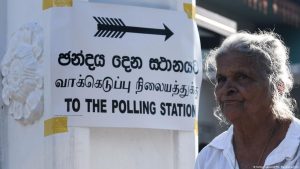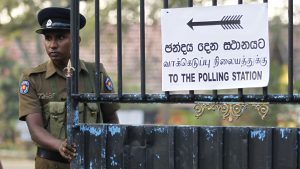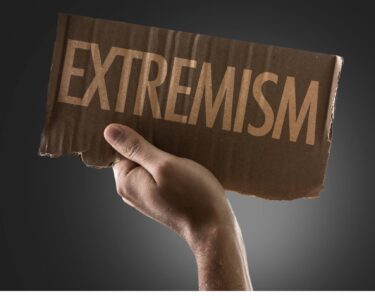“Sri Lanka’s Electoral Revival: A Surge of Polls to Reshape the Political Landscape”

Sri Lanka is on the brink of a significant electoral phase after a prolonged period of delays and cancellations. The presidential election, scheduled for September 21, 2024, will be the first in a series of anticipated elections, which include the long-postponed Local Authorities (LA) and Provincial Council (PC) elections. This period, marked by a flurry of polls, represents a critical juncture for the country’s democratic process, which has faced substantial challenges in recent years.
Local Government
President Ranil Wickremesinghe, who previously postponed the LA elections in 2023 due to economic crises, has committed to holding these elections in 2025. His role in delaying the PC elections in 2017 also looms large, as does his recent attempt to delay the presidential election. However, the Supreme Court (SC) has intervened decisively. In a landmark ruling on August 22, 2024, the SC dismissed petitions aimed at extending the presidential term and ordered the Election Commission (EC) to conduct the overdue LA elections as soon as possible.
The Supreme Court’s ruling has been a significant moment for Sri Lanka’s democracy, reinforcing the EC’s authority and ensuring that electoral processes move forward. The EC has responded positively, viewing the ruling as an affirmation of its role in protecting democratic rights. This is particularly significant given the concerns about attempts by the government to undermine both the EC and the judiciary. The ruling underscores the importance of the separation of powers and reflects the growing strength of independent institutions following the 21st Amendment, which curtailed executive powers.

With the presidential election scheduled, the country now faces questions about the order of subsequent elections. There is speculation that a general election might be held immediately following the presidential election, particularly if the newly elected president dissolves Parliament—a scenario with historical precedent. In such a case, the LA elections, although required, might be further delayed until after a general election.
The EC is now tasked with navigating this complex electoral landscape. With 340 local authorities and unresolved delimitation issues in nine provincial councils, the Commission faces logistical and administrative challenges. Nevertheless, the Supreme Court’s mandate and the Commission’s commitment suggest that Sri Lanka will soon see a series of elections, marking an end to the electoral drought and a potential revitalization of its democratic processes.
As the elections approach, their outcomes will significantly impact the political landscape, governance, and the country’s recovery from its ongoing economic crisis. The deluge of elections starting from late September 2024 could either consolidate power or lead to a more balanced political environment, depending on the voters’ response.







